I had to sell my kidney to buy one RAM yesterday /s
- 75 Posts
- 82 Comments

 2·20 days ago
2·20 days agoUbuntu 25.10 + Wayland + Gnome 49 + Nvidia driver v580.95 (RTX 3070 Ti) works flawlessly for both gaming and normal apps.
Sorry, I just noticed that now.
You may create a bootable/live USB with Mint [1] installed on it, and try it out to see if its works perfectly for you - from functional and performance POV.
With Linux, at least you will continue to get security patches. For Win 7 and 10 are out of support now.
[1]https://linuxmint-installation-guide.readthedocs.io/en/latest/burn.html

 3·3 months ago
3·3 months agoThe good news is Nvidia consumer grade GPUs don’t even support vGPU and can’t be passed though if Host OS is using it.

 5·3 months ago
5·3 months agoMy 3070Ti also doing just fine - both for Gaming and for running Llama.
Now, to be honest, I never had a chance to use AMD GPU on Linux, so I can’t really say if it is at par with AMD GPU performance or not.

 15·3 months ago
15·3 months agoWhen it comes to Nvidia driver for Linux, my suggestion is - always stick to the version you find stable enough.
In my case, Last Nvidia 580 driver version works smoothly on my Desktop. Earlier I was on 550.
On a side note, faulty RAM often cause system freeze/crash. You might want to run memtest from boot menu as well.

 1·3 months ago
1·3 months agoPGP integration? Thunderbird has in-built support for PGP, isn’t it?
BTW, most of my incoming emails are routed (and encrypted) via addy.io and never faced any issue in opening encrypted (and signed) emails in Thunderbird.

 2·3 months ago
2·3 months agoOff-topic: For RSS feed, you might want to have a look at Miniflux[1] if your also into self-hosting.

 4·3 months ago
4·3 months agoThunderbird

 1·3 months ago
1·3 months agoDo you know if a similar report exists for Intel based CPUs?

 2·3 months ago
2·3 months agoNot sure about Fedora, but openSUSE Tumbleweed and Arch have this enabled for a while now: https://www.phoronix.com/news/openSUSE-TW-x86-64-v3-RPM

 3·4 months ago
3·4 months agoIf you consider the core count in modern server grade CPUs, this makes sense.

 3·5 months ago
3·5 months agoUX is a subjective topic.

 1·5 months ago
1·5 months agoManaged devices usually have software installed to track all such “events” that gets periodically uploaded to IT team, or gets automatically flagged to IT team based on security policies of the organization.
If you are using a managed devices, in all likelihood, all of your actions are getting automatically logged/tracked.

 1·5 months ago
1·5 months agoGood to know that that practice exists in service based organizations.

 02·5 months ago
02·5 months agoIs it a product based or service based company?

 123·5 months ago
123·5 months agoIn a large organization, IT team/Organization policy will never allow to let you use Linux as your OS unless it is required for project or mandated by client.
With ransomware attacks on ever rise, IT will always try to control all aspects of your office laptop/desktop. As they think they got it sorted for Windows, they will fight tooth and nail if you ever submit it ticket to get your OS replaced with Linux without project requirements.
In my view, as long as I’m allowed to install whatever on my personal devices even while working from home, I’m fine.
Office devices aren’t really my property. For me, Windows during office hours, and Linux thereafter.

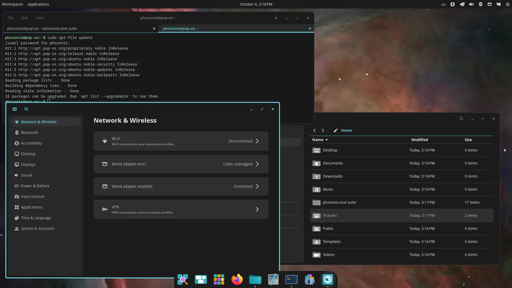

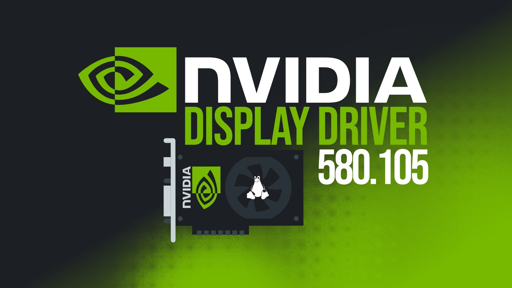

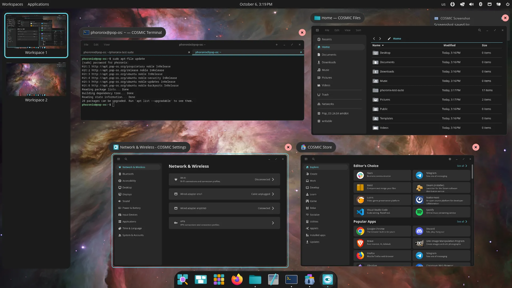
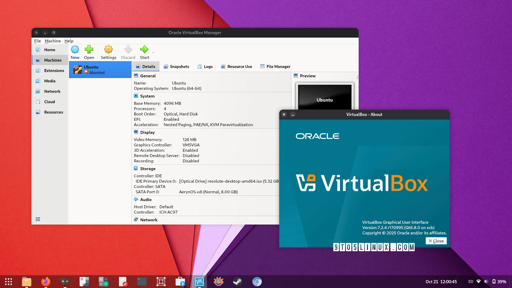


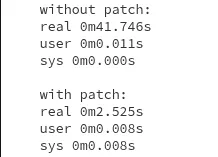

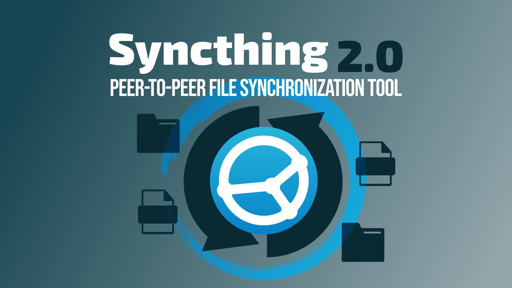
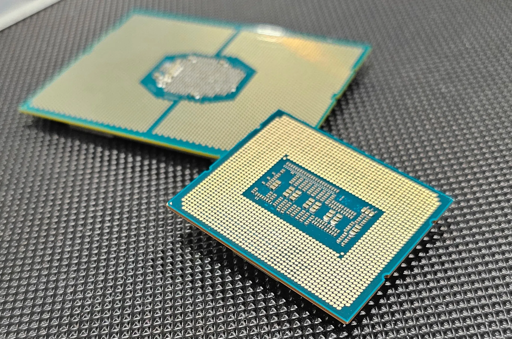
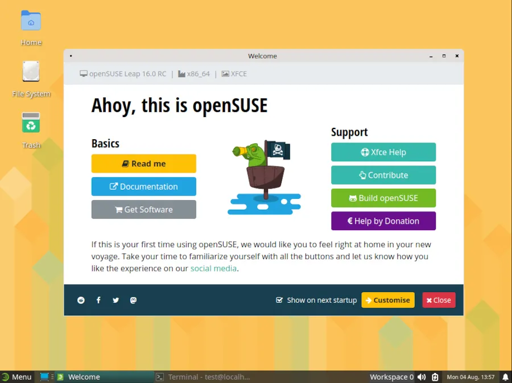






From developers point of view, maintaining one codebase that works across OSs is better than maintaining OS specific multiple codebases.